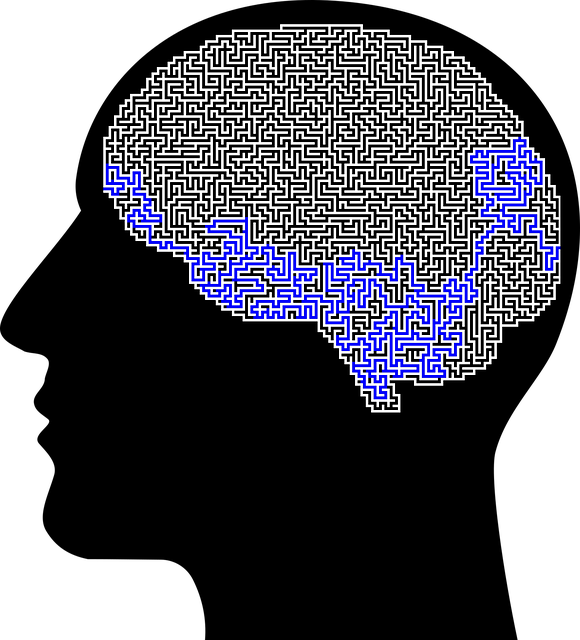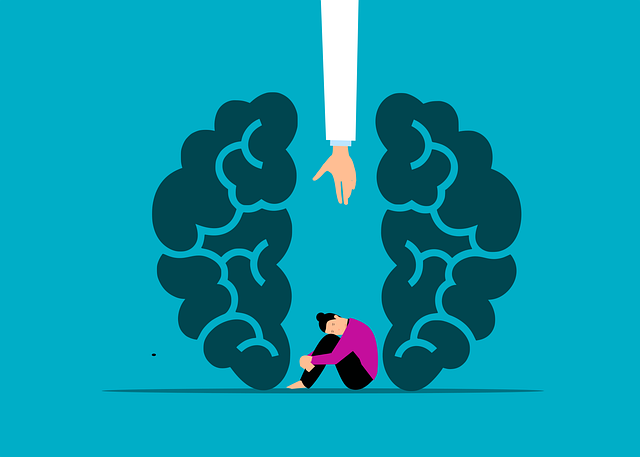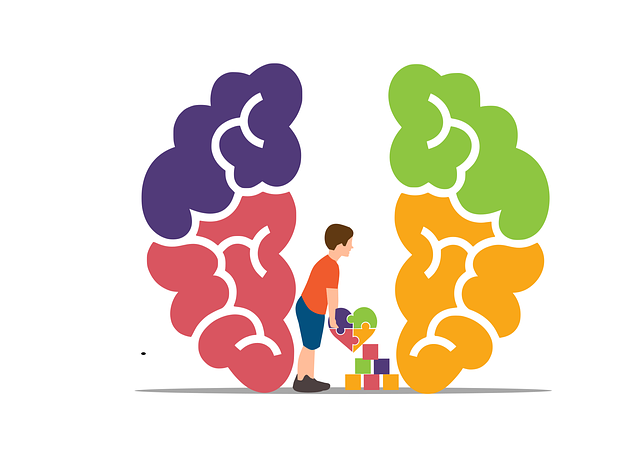Mental wellness self-assessment tools are crucial for early detection and management of complex conditions like Littleton Functional Neurological Disorder (LFND) Therapy. These user-friendly resources, integrating compassion cultivation and positive thinking, empower individuals to actively maintain psychological well-being through structured reflection. For mental health professionals, they offer comprehensive guidance, enhancing awareness and preparedness. LFND therapy, a holistic approach combining Empathy Building Strategies and Self-Awareness Exercises, fosters deeper connections and insights into thoughts, emotions, and behaviors, benefiting both individuals and therapists. Effective self-assessment tools, vital for coaching programs targeting LFND Therapy, promote honest introspection and tailored interventions through comprehensive risk management planning.
Mental wellness self-assessment tools play a pivotal role in empowering individuals to take charge of their mental health. In this article, we explore the significance of such tools, focusing on how they facilitate early detection and management of mental health issues. We delve into the specific contributions of Littleton Functional Neurological Disorder Therapy, highlighting its innovative approach to developing effective self-assessment tools tailored for mental wellness evaluation.
- Understanding Mental Wellness Self-Assessment Tools
- The Role of Littleton Functional Neurological Disorder Therapy
- Developing Effective Self-Assessment Tools for Mental Health
Understanding Mental Wellness Self-Assessment Tools

Mental wellness self-assessment tools play a pivotal role in identifying and addressing individual mental health concerns. These tools, designed to be accessible and user-friendly, empower individuals to take an active role in managing their psychological well-being. By providing a structured framework for self-reflection, they facilitate the early detection of potential issues, enabling timely intervention. This proactive approach is especially crucial in navigating complex conditions such as Littleton Functional Neurological Disorder (LFND) Therapy, where understanding subtle changes in mental functioning can be transformative.
Self-assessment tools often incorporate a range of psychological constructs, including but not limited to, compassion cultivation practices and positive thinking. These aspects are integral to fostering resilience and promoting a balanced mindset. Moreover, integrating risk management planning for mental health professionals ensures that these tools serve as comprehensive guides, assisting both individuals and practitioners in navigating mental health landscapes with enhanced awareness and strategic preparedness.
The Role of Littleton Functional Neurological Disorder Therapy

Lilton Functional Neurological Disorder (LFNDT) therapy plays a pivotal role in mental wellness self-assessment tools development by offering a holistic approach to understanding and addressing neurological challenges. This form of therapy goes beyond traditional treatments, focusing on enhancing clients’ functional abilities and improving their overall quality of life. LFNDT incorporates Empathy Building Strategies that foster deeper connections between therapists and individuals, creating a safe space for open communication and self-reflection.
Through Self-Awareness Exercises tailored to each client’s unique needs, LFNDT helps individuals identify triggers, manage symptoms, and build Resilience. By engaging in these exercises, clients gain valuable insights into their thoughts, emotions, and behaviors, enabling them to make informed decisions about their mental health. This proactive approach not only empowers individuals but also contributes significantly to the development of effective self-assessment tools that cater to a wide range of neurological disorders.
Developing Effective Self-Assessment Tools for Mental Health

Developing effective self-assessment tools is a pivotal aspect of mental wellness coaching programs. These tools play a crucial role in helping individuals gain insights into their emotional well-being and identify areas that may require professional assistance, such as those seeking Littleton Functional Neurological Disorder Therapy. By incorporating strategies for risk management planning, mental health professionals can ensure these assessments are both comprehensive and safe.
Well-designed self-assessment tools should promote honest introspection and provide a clear framework for understanding one’s mental state. Emotional well-being promotion techniques within these assessments should encourage users to reflect on their thoughts, feelings, and behaviors without judgment. This allows for a more accurate evaluation of one’s mental health, enabling professionals to tailor interventions effectively.
Mental wellness self-assessment tools play a pivotal role in promoting individual awareness and early intervention. By integrating practices like those offered by Littleton Functional Neurological Disorder Therapy, these tools can effectively capture an individual’s mental health status, offering valuable insights for personalized care. Through continuous development and refinement, we can enhance their accessibility and accuracy, empowering individuals to take charge of their mental wellness.














